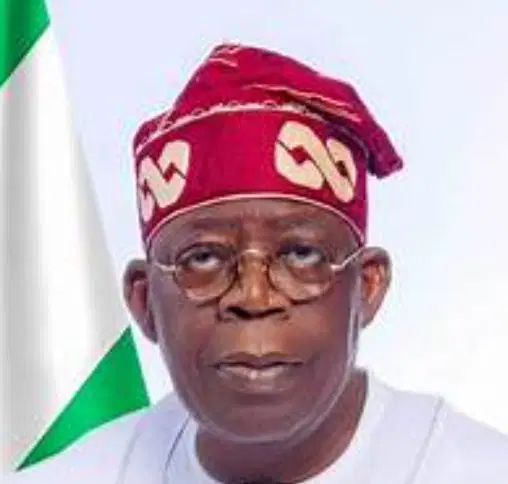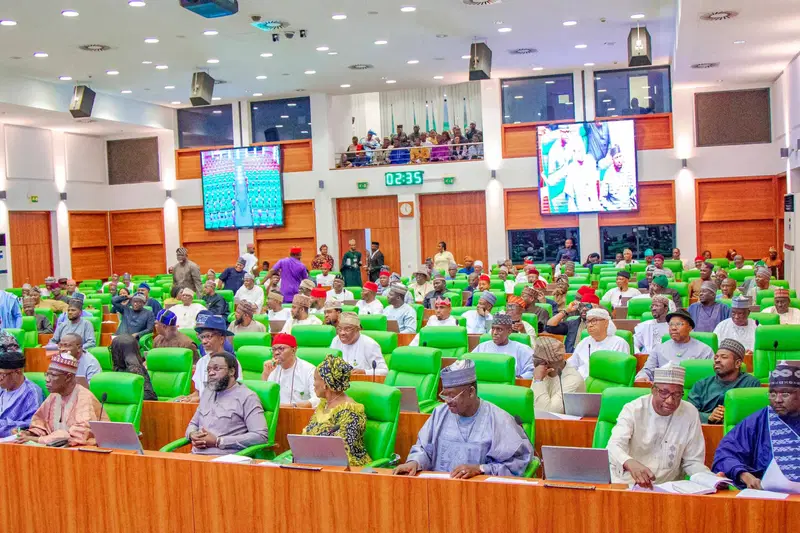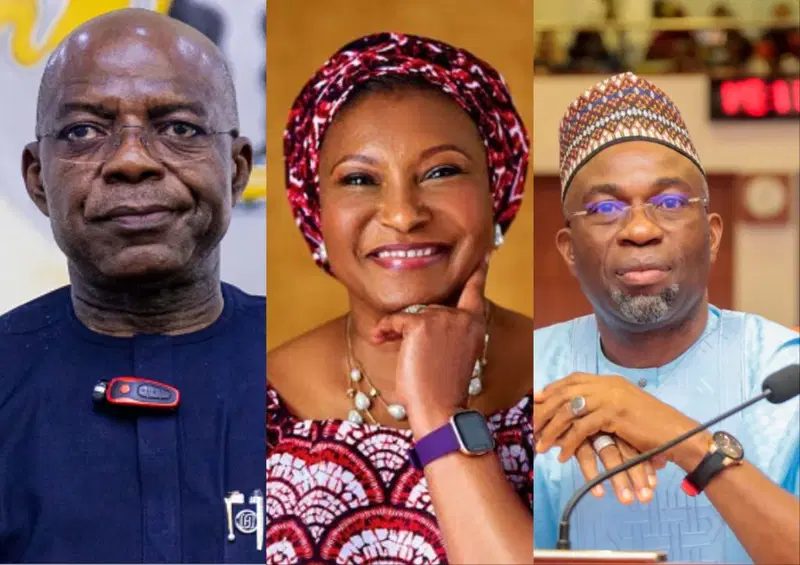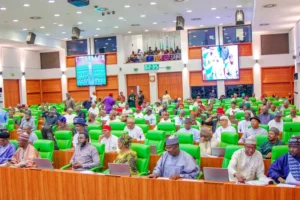The Nigerian currency is facing significant challenges as the U.S. dollar strengthens following Donald Trump’s return to the U.S. presidency.
- Last Friday, the naira traded at N1,678/$, reflecting a decline of N39 from the previous day’s rate of N1,639/$.
- Since the free-market adjustment in June 2023, the naira has lost over 70% of its value against the dollar, a move intended to restore investor confidence in Nigeria’s economy.
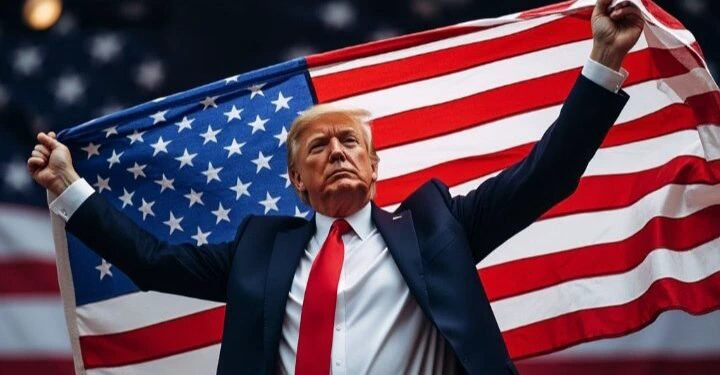
- Companies with dollar-denominated obligations, such as Nigerian Breweries and Nestlé Nigeria, have reported substantial losses due to the naira’s sharp devaluation.
- A recent survey by the Central Bank of Nigeria (CBN) indicates that businesses expect further depreciation of the naira through December, with hopes for recovery next year.
- President Tinubu’s administration has initiated efforts to overhaul Nigeria’s exchange rate policies to attract investment and stimulate economic growth.
- As Trump takes office on January 20, 2025, his administration is anticipated to have a significant impact on global markets.
- Trump’s “America First” policy, emphasizing energy independence, could potentially lower oil prices if U.S. domestic production increases, which may squeeze Nigeria’s oil revenue and put more pressure on the naira.
- Analysts predict a stronger dollar under Trump, likely fueled by high tariffs and protectionist measures.
- With the Federal Reserve continuing its interest rate cut cycle, some traders anticipate a stronger greenback in 2025, which could push the naira into the N2000/$ range.
- Trump’s administration might also impact U.S. investment in Africa; while skepticism about foreign aid could reduce U.S. development assistance, initiatives like “Prosper Africa” may enhance liquidity in Nigeria’s foreign exchange market.
- Market projections indicate that the dollar is expected to continue rising in value against other major currencies in the midterm.
- On Friday, the dollar saw gains despite anticipated declines in U.S. rates set by the Federal Reserve.
- The Federal Reserve recently reduced interest rates from 4.5% to 4.75%, marking its second cut of the year after a half-point reduction in September, the first since March 2020.
- The monetary authority has not ruled out the possibility of another rate cut in December, with future decisions dependent on economic growth.
- The already high U.S. fiscal deficit of 6.5% of GDP is anticipated to rise, which could further increase Treasury yields.
- Trump aims to extend the Tax Cuts and Jobs Act of 2017, set to expire at the end of 2025, but a divided legislature may complicate this if Republicans fail to secure a House majority.
- The Trump administration may find it relatively easy to cut taxes further if the Democrats do not regain control of the House of Representatives.
- However, the dollar’s current strength may not last throughout Trump’s four-year term, as it faces multiple long-term challenges.
- There are concerns that Trump might pressure the Fed to continue lowering interest rates despite any inflation recovery, which could weaken the dollar.
With Powell’s term as Fed chair ending in May 2026, Trump is expected to have influence, and a compliant successor could raise concerns about the central bank’s independence. Overall, the Naira will be affected during Trump’s presidency, but the extent and nature of this impact will depend on various internal and international factors beyond U.S. policy direction.



